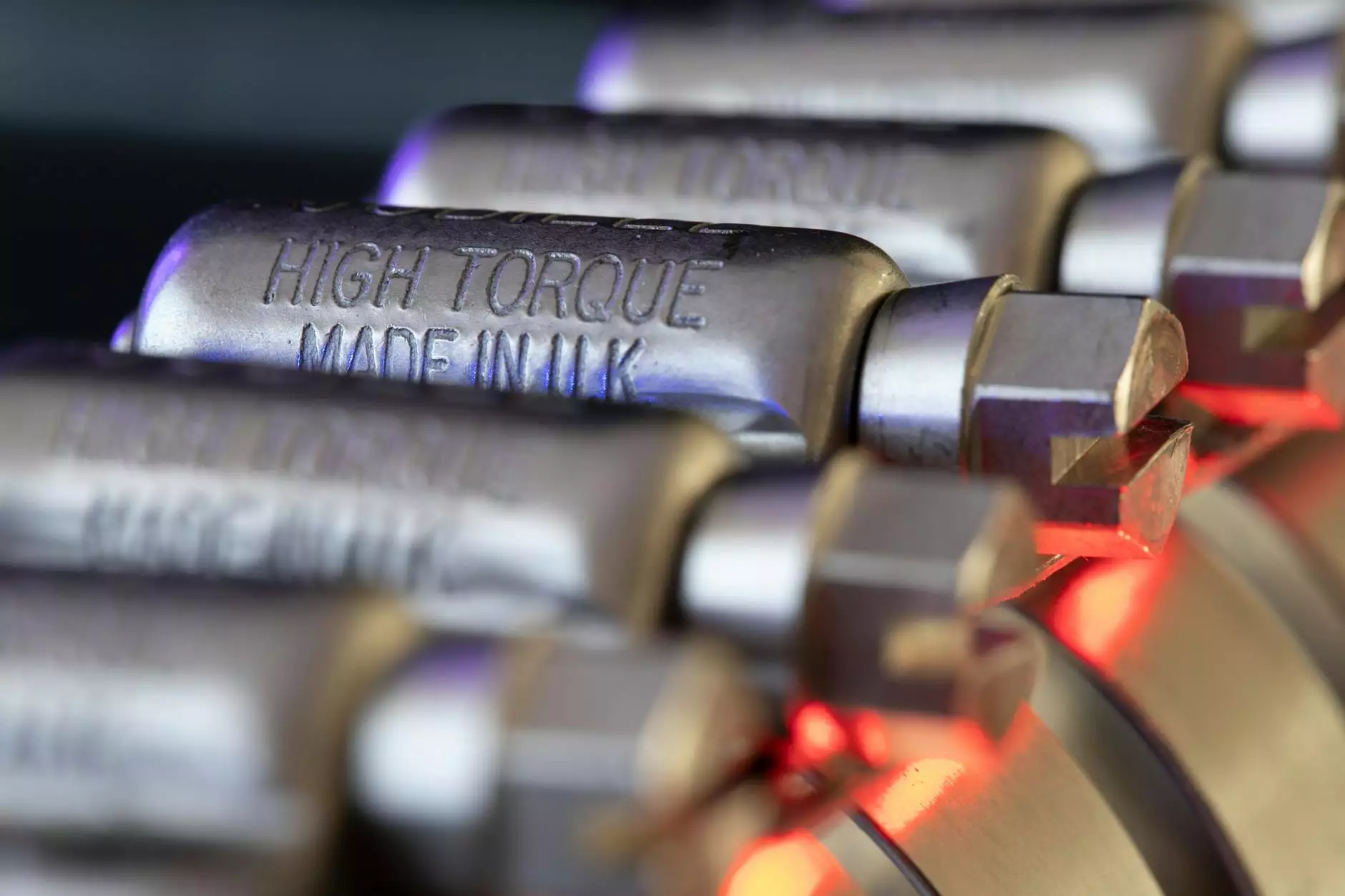The Significance of the **Torque Converter Gearbox** in Modern Automotive Technology

In the intricate world of automotive engineering, the torque converter gearbox plays an essential role that often goes unnoticed by the average driver. This article delves deep into what torque converters are, how they operate, their advantages, and why they are crucial for any vehicle's performance.
What is a Torque Converter?
A torque converter is a type of fluid coupling that connects the engine to the transmission in automatic vehicles. Its primary purpose is to transfer power from the engine to the gearbox while allowing for a variable speed that facilitates smoother acceleration. Unlike traditional manual clutches, which operate through friction, torque converters utilize hydraulic fluid to enable seamless gear changes.
How Does the Torque Converter Gearbox Work?
The operation of a torque converter gearbox can be broken down into several components:
- Stator: Redirects fluid within the system, increasing efficiency.
- Impeller: Attaches to the engine and drives the transmission fluid into the turbine.
- Turbine: Connected to the transmission, absorbs energy from the fluid to propel the vehicle.
The torque converter operates based on the principles of fluid dynamics. When the engine runs, it spins the impeller, generating hydraulic pressure. This pressure transfers energy to the turbine, which in turn drives the vehicle. As the vehicle’s speed changes, the converter automatically adjusts the amount of energy transferred, maintaining optimal performance without the need for manual intervention.
The Advantages of Using a Torque Converter Gearbox
Using a torque converter in a vehicle comes with an array of benefits:
- Smoother Acceleration: The fluid coupling mechanism ensures that power delivery is smooth and gradual, preventing sudden jerks during acceleration.
- Improved Fuel Efficiency: Advanced designs incorporate lock-up mechanisms that enhance efficiency, reducing fuel consumption while maintaining power.
- Automatic Functionality: Torque converters operate automatically, reducing the driver’s need to manually shift gears, which is especially beneficial in stop-and-go traffic.
- Enhanced Power Transfer: The design of a torque converter allows for higher torque multiplication, which helps in delivering better acceleration from a standstill.
Understanding Torque Converter Variants
There are several types of torque converters, each tailored for specific automotive needs. Here are some common variants:
- Single Stage: Simplest form, typically used in smaller engines.
- Multi-Stage: Provides multiple levels of torque multiplication, ideal for performance vehicles.
- Lock-Up Torque Converters: Features a mechanism to mechanically link the turbine and impeller at higher speeds, enhancing efficiency.
The Role of Torque Converters in Transmission Systems
In modern transmissions, the torque converter gearbox is pivotal. It forms a bridge between the engine and the transmission output, enabling seamless transitions in power. Different types of transmissions, including:
- Automatic Transmissions: Most common usage; enables smooth shifts without driver intervention.
- Continuously Variable Transmissions (CVTs): Use torque converters for better power management during operation.
Common Issues and Maintenance Tips for Torque Converter Gearboxes
Like any automotive component, torque converters can experience issues over time. Common problems include:
- Overheating: Caused by low fluid levels or contamination, leading to premature wear.
- Slipping: This occurs when the converter fails to translate power effectively, often linked to poor maintenance.
- Noisy Operation: Grinding or whining noises can indicate internal wear or damage.
To maintain optimal performance, consider the following maintenance tips:
- Regular Fluid Checks: Ensure the transmission fluid is at the correct level, and replace it according to the manufacturer’s recommendations.
- Be Attentive to Symptoms: Address any unusual sounds or performance issues promptly to avoid costly repairs.
- Professional Inspections: Schedule routine check-ups with a certified technician to ensure your torque converter gearbox operates efficiently.
The Future of Torque Converters in Automotive Engineering
As technology evolves, so do torque converters. Innovations include:
- Adaptive Torque Converters: These adapt fluid dynamics based on driving conditions, optimizing performance.
- Electric Hybrid Systems: Integrating torque converters into hybrid systems can enhance energy efficiency and performance.
Conclusion: Embrace the Power of the Torque Converter Gearbox
Understanding the torque converter gearbox is crucial for anyone involved in the automotive industry or simply a car enthusiast. Its intricate combination of fluid dynamics and mechanical engineering contributes significantly to the functionality and efficiency of modern vehicles.
At Shenghai Auto Parts, we provide a wide array of auto parts and supplies, including high-quality torque converters suited for various vehicles. For more information or to explore our offerings, visit our website and discover how we can enhance your driving experience.
Key Takeaways
In summary, the torque converter gearbox is an essential component that contributes to the overall performance of automatic vehicles, enhancing acceleration, fuel efficiency, and driving comfort. By prioritizing maintenance and understanding its operation, vehicle owners can benefit from a reliable and high-performing driving experience for years to come.









